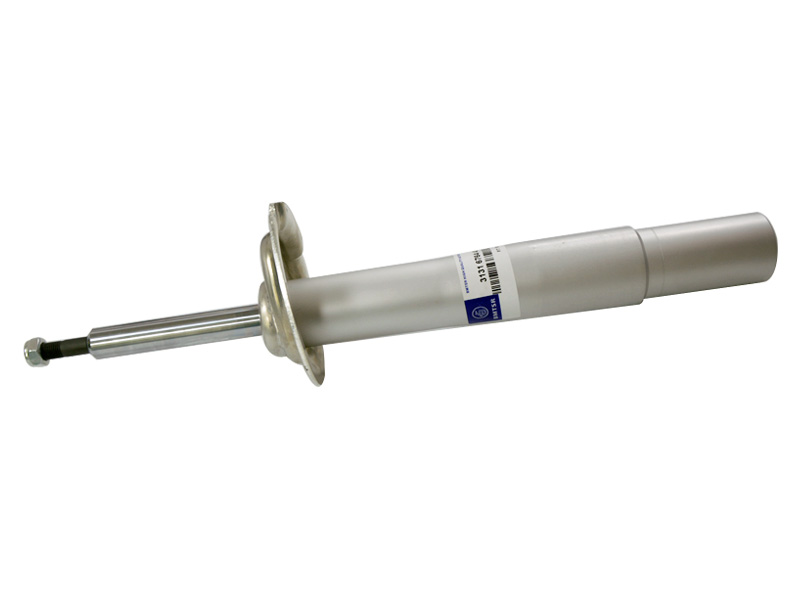How to Choose the Best Aftermarket Wheels for Your Car

Discovering the best aftermarket wheels for your car can depend on many things, especially if you drive a used car. Although, even that is no reason to stop you from making the investment when the time comes to upgrade your car’s wheels.
Renowned car manufacturers have a fantastic success rate in styling wheels for cars that matter. But that doesn’t always mean that the best aftermarket wheels are the most obvious to find, in fact, some might even admit that their car still wears the manufacturer’s standard wheels – in which case, it’d be a great idea to take note on how we advise you to choose the best aftermarket wheels.
Consider your budget
Above everything else, the most important thing to do before investing in aftermarket wheels is to consider your maximum budget and how much you are willing to spend on a set of them. No matter what you believe, choosing the best aftermarket wheels just depends on how much you can afford – in most cases, even if your budget is limited your investment may still prove to be worthwhile and some manufacturers might even offer you a deal when you look at investing.
Are the aftermarket wheels worth the cost?
When you’ve decided on a fixed budget to spend on the perfect set of aftermarket wheels, you should then consider whether they are worth spending your money on. If you’re dedicated to large commutes, then perhaps a more expensive set of aftermarket wheels would prove beneficial to you in the short-run, while if you only take on small commutes now and then but you still want to invest in a set of wheels worth flaunting around, then you’d be better off making a much smaller investment – don’t worry too much though, a smaller investment doesn’t always mean that you’ll receive a poor-quality product.
What about the size of the aftermarket wheels?
Changing the size of your alloys will have numerous effects, some you may not have considered yet. For example, the ride quality will no doubt decrease, you may have to alter your suspension and your insurance company may refuse to cover you. The weight of the wheel can have a big effect on both your performance and fuel economy, furthermore, it could even impact on your lateral grip. On the other hand, if you pick a lightweight wheel it can have the opposite effect. Some tests even report an increase in steering response as your suspension has less weight to deal with.






